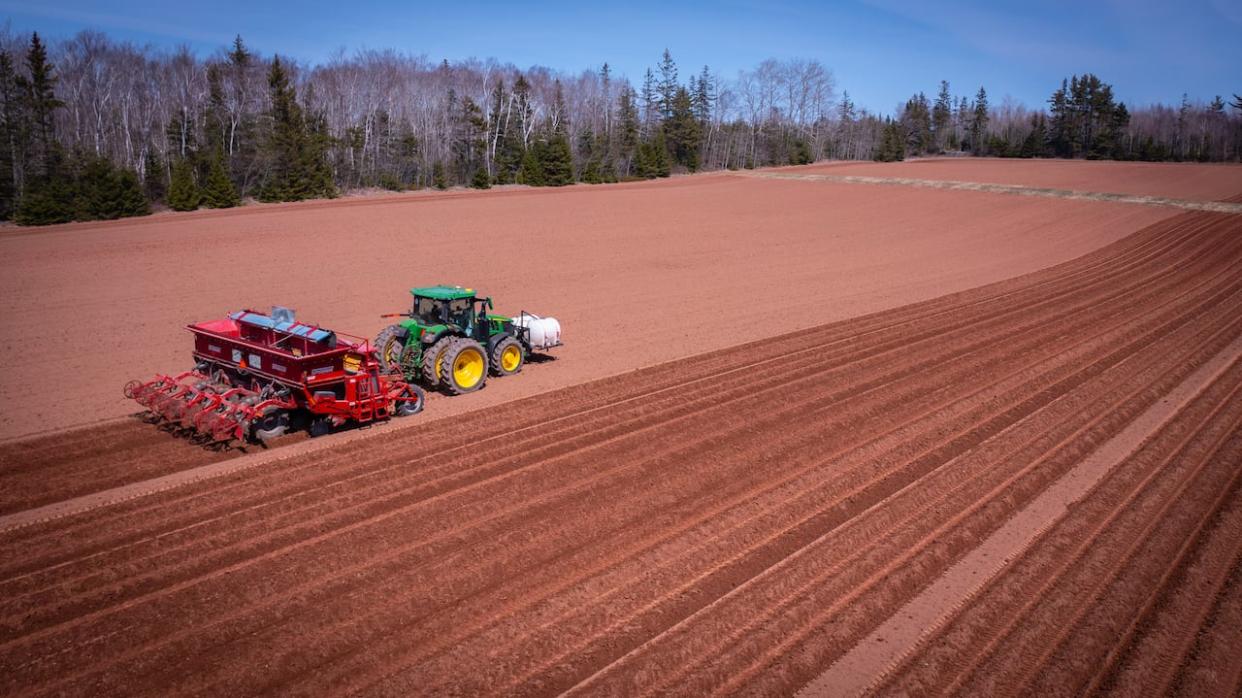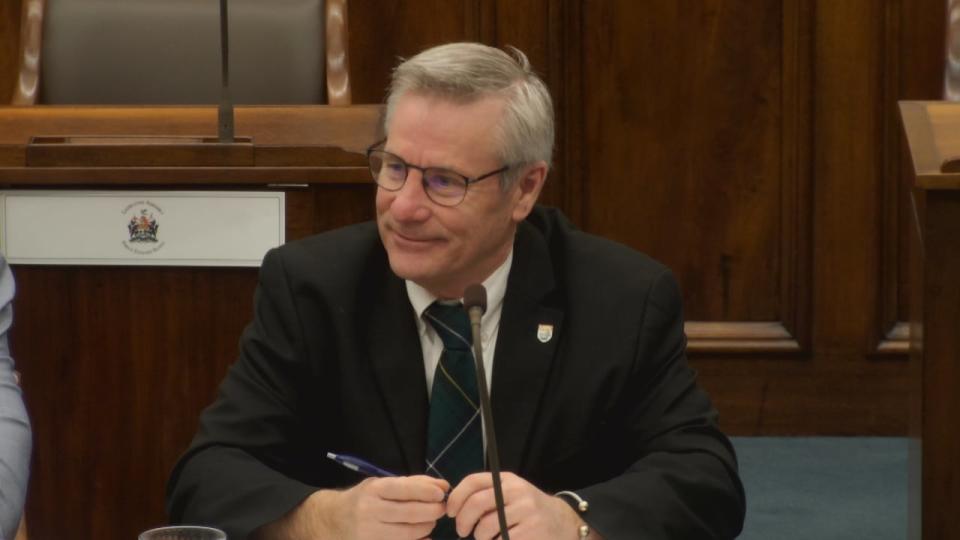Why the right to repair farm equipment matters for the environment

Getting broken farm equipment back to work quickly can be essential for farmers, and their ability to do that themselves is also a big part of growing food in a sustainable way.
Farm equipment has advanced far beyond the combination of combustion engines and hydraulics that ruled the industry in the 20th century. Modern agricultural machinery incorporates valuable intellectual property: optical diagnostics, global positioning, even artificial intelligence.
That can make it difficult to repair, and in some cases farmers may not even have access to the tools or information they need, making home fixes impossible.
To address that issue, P.E.I. Liberal MLA Rob Henderson introduced an amendment to the Farm Machinery Dealers and Vendors Act during the fall session of the provincial legislature.
Bill 110, which came up for discussion at committee this week, would require that manufacturers supply farmers with repair manuals free of charge, and supply parts, software and tools at a fair price.

The right of farmers to repair their own equipment can be an urgent issue at key times of the growing year, says P.E.I. MLA Rob Henderson, who proposed the legislation. (Legislative Assembly of Prince Edward Island)
"If there's electronic codes to repair a machine or even diagnose the machine, or if there was a manual or something of that nature that was required, or a copy of an image to show where the parts all go in sequence or whatever, they are required to provide that information to the owner of the machine," said Henderson, who was a potato, beef and blueberry farmer in Western P.E.I. before getting into politics.
The right to repair has become a big issue for consumer goods in recent years, and the federal government is in the process of amending the Copyright Act to let owners or third-party repair companies break digital locks in order to make software fixes.
Henderson said the issue is that much more important for farmers. A broken washing machine would lead to a delay in getting your laundry done, but broken farm machinery can affect your livelihood in a major way.
If your seeder breaks in the spring, you're in big trouble. If there's a storm coming and your hay baler goes down, that needs to be fixed immediately before your crop is ruined.
A more sustainable future
The issue goes well beyond the farm, said Donald Killorn, executive director of the P.E.I. Federation of Agriculture.

While things like home recycling are important for the planet, there are bigger environmental issues at play when a complex piece of machinery breaks down, says Donald Killorn, executive director of the P.E.I. Federation of Agriculture. (Steve Bruce/CBC)
All that technology packed into modern farm equipment comes at an environmental cost. The very materials required to manufacture them make extending the life of that equipment as long as possible in the interest of everyone.
"A leaky faucet, or getting the cardboard out on recycling day — those aren't necessarily the things that move the needle when you're trying to live a more sustainable life," said Killorn.
"The things with the heavy metals and valuable minerals in them, being able to extend the life of those will be key if we want to become a more sustainable society. This idea of buying it and ending up in the landfill immediately is one of our signature issues as we try and become a more sustainable, more environmentally friendly society."
While P.E.I. is tiny, and it may be difficult to get giant multinational farm equipment manufacturers to pay attention to what's going on in the province, Henderson said there is legislation similar to his in the works in Quebec and a number of American states as well.
The more jurisdictions that bring in these rules, the more pressure there will be on manufacturers to address the issue, he said.

